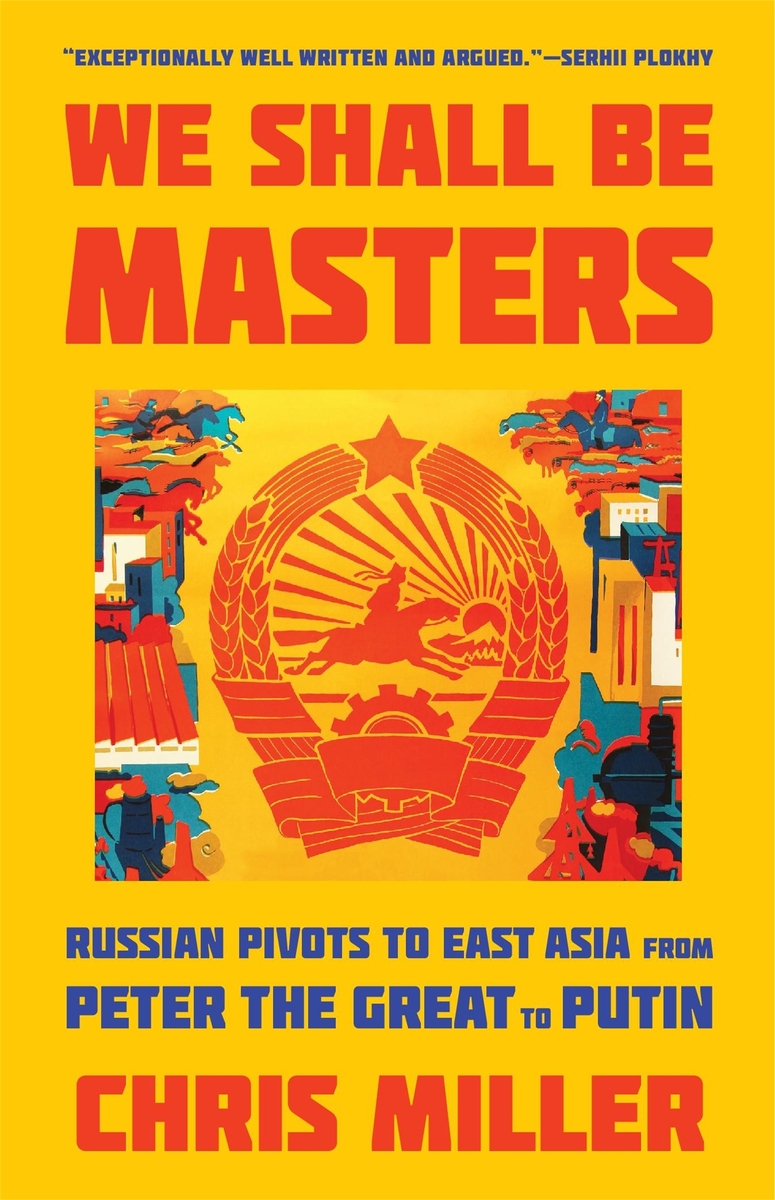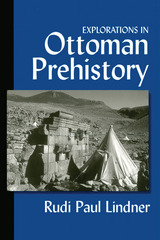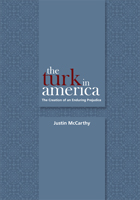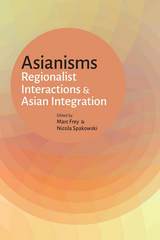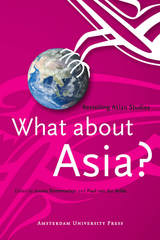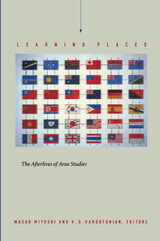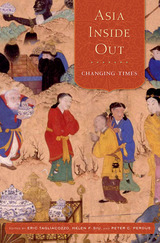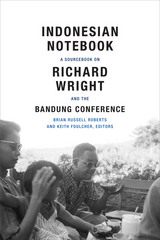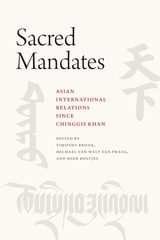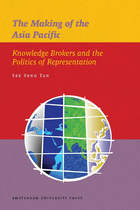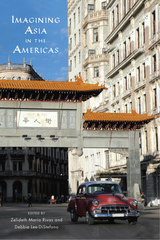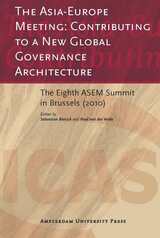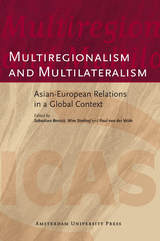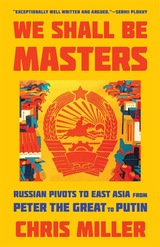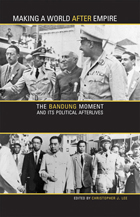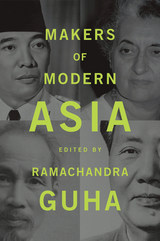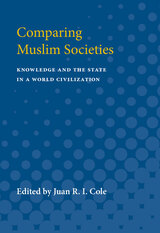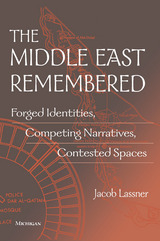Cloth: 978-0-674-91644-9 | eISBN: 978-0-674-25935-5
Library of Congress Classification DS33.4.R8M56 2021
Dewey Decimal Classification 947
An illuminating account of Russia’s attempts—and failures—to achieve great power status in Asia.
Since Peter the Great, Russian leaders have been lured by opportunity to the East. Under the tsars, Russians colonized Alaska, California, and Hawaii. The Trans-Siberian Railway linked Moscow to Vladivostok. And Stalin looked to Asia as a sphere of influence, hospitable to the spread of Soviet Communism. In Asia and the Pacific lay territory, markets, security, and glory.
But all these expansionist dreams amounted to little. In We Shall Be Masters, Chris Miller explores why, arguing that Russia’s ambitions have repeatedly outstripped its capacity. With the core of the nation concentrated thousands of miles away in the European borderlands, Russia’s would-be pioneers have always struggled to project power into Asia and to maintain public and elite interest in their far-flung pursuits. Even when the wider population professed faith in Asia’s promise, few Russians were willing to pay the steep price. Among leaders, too, dreams of empire have always been tempered by fears of cost. Most of Russia’s pivots to Asia have therefore been halfhearted and fleeting.
Today the Kremlin talks up the importance of “strategic partnership” with Xi Jinping’s China, and Vladimir Putin’s government is at pains to emphasize Russian activities across Eurasia. But while distance is covered with relative ease in the age of air travel and digital communication, the East remains far off in the ways that matter most. Miller finds that Russia’s Asian dreams are still restrained by the country’s firm rooting in Europe.
See other books on: Diplomacy | East Asia | Peter | Russia (Federation) | Territorial expansion
See other titles from Harvard University Press
